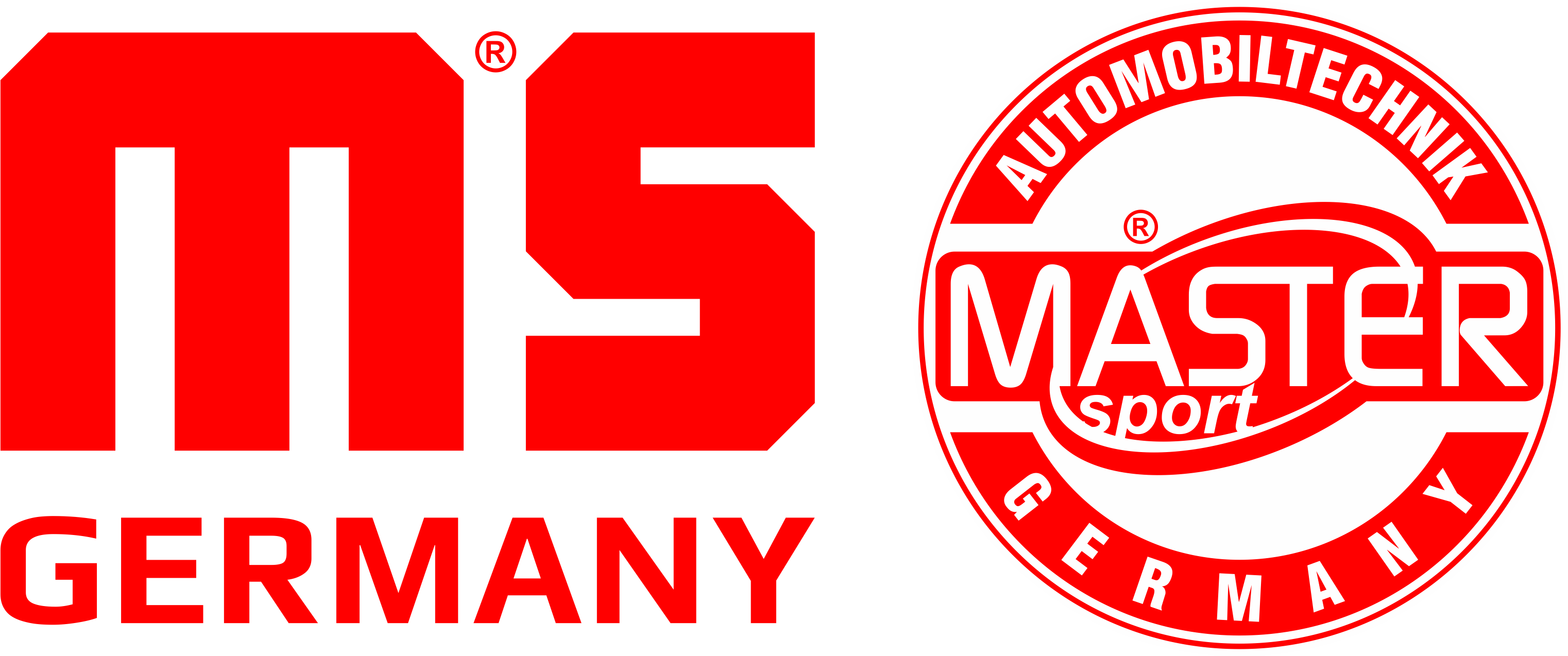Introduction
Wheel hub bearings are a crucial component of any vehicle, directly affecting its performance and safety. Thanks to the dynamic development of production technologies, modern bearings are becoming increasingly advanced and efficient. In this article, we will present the latest innovations in wheel hub bearing production and discuss how these modern solutions impact overall vehicle performance and safety.
The Latest Innovations in Wheel Hub Bearing Production
1. High-Strength Materials
One of the most important aspects of modern wheel hub bearings is the use of high-strength materials. Contemporary bearings are often made from advanced metal alloys, such as stainless steel, which offer exceptional resistance to corrosion and wear.
Advantages:
- Increased durability of bearings.
- Better resistance to extreme working conditions.
- Reduced need for frequent maintenance.
2. Protective Coatings
Modern wheel hub bearings are increasingly equipped with special protective coatings that further enhance their resistance to external factors. Examples include ceramic or polymer coatings, which reduce friction and protect against corrosion.
Advantages:
- Reduced friction coefficient.
- Protection against contaminants and moisture.
- Extended lifespan of bearings.
3. Precision Machining and Microtechnology
Contemporary wheel hub bearing production technologies include advanced machining methods and microtechnology. By using precise CNC machines and advanced assembly techniques, modern bearings feature excellent accuracy and exceptional build quality.
Advantages:
- Greater precision of movement.
- Reduced noise and vibration.
- Optimization of energy efficiency.
4. Intelligent Bearings
One of the latest trends in wheel hub bearing production is the development of so-called intelligent bearings, equipped with sensors that monitor their condition in real-time. These modern solutions allow for continuous tracking of bearing performance parameters, such as temperature, rotational speed, and vibration levels.
Advantages:
- Early detection of potential problems.
- Prevention of failures.
- Optimization of maintenance planning.
5. Eco-Friendly Production Technologies
Modern wheel hub bearings are increasingly produced with minimal environmental impact in mind. Production processes are optimized for energy efficiency and reduced CO2 emissions, as well as the use of recycled materials.
Advantages:
- Reduced carbon footprint.
- Conservation of natural resources.
- Promotion of sustainable development.
How Do Modern Bearings Affect Vehicle Performance and Safety?
Increased Durability and Reliability
By using advanced materials and technologies, modern wheel hub bearings are much more durable and reliable. This translates to less frequent replacement and maintenance, reducing vehicle operating costs.
Improved Ride Comfort
Precision machining and microtechnology applications allow for exceptional bearing movement accuracy, reducing noise and vibration during driving. This significantly enhances travel comfort, especially on long distances.
Enhanced Safety
Intelligent bearings, equipped with advanced sensors, allow for real-time monitoring of bearing conditions and early detection of potential issues before they lead to major failures. This increases driving safety by minimizing the risk of sudden breakdowns.
Energy Efficiency
Modern wheel hub bearings have a reduced friction coefficient, leading to lower energy losses. This, in turn, improves the vehicle’s fuel efficiency and reduces emissions of harmful substances.
Conclusion
Innovations in wheel hub bearing production bring numerous benefits in terms of both performance and vehicle safety. The use of high-strength materials, advanced protective coatings, precision machining, intelligent technologies, and eco-friendly production processes make modern bearings more durable, reliable, and efficient. Regular monitoring of bearing conditions and the application of modern technical solutions optimize their performance, resulting in improved vehicle efficiency and safety.


